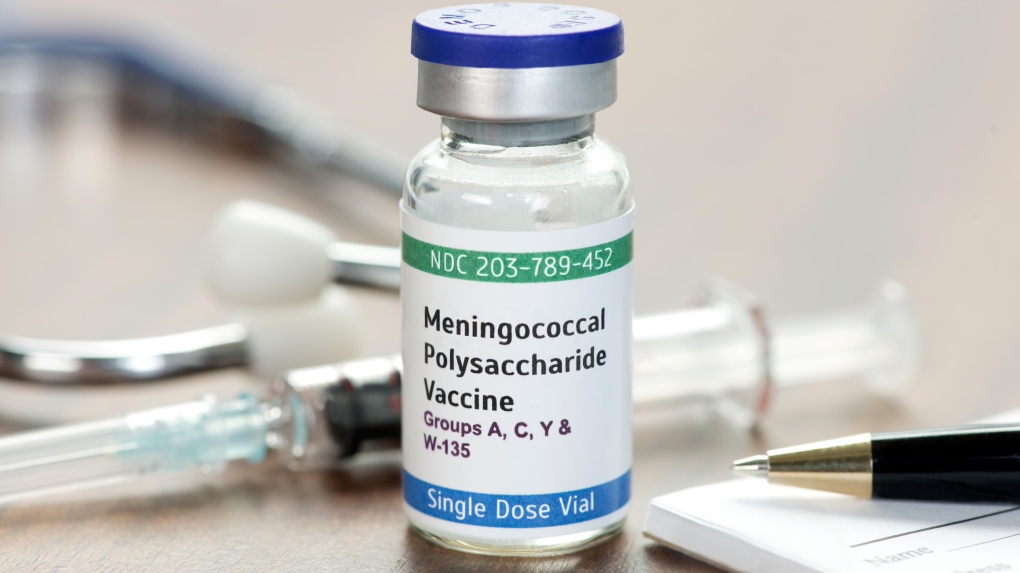Toronto Faces Surge in Invasive Meningococcal Disease Cases
Public health officials in Toronto are raising alarms over a sharp rise in cases of a potentially life-threatening bacterial infection, urging residents to ensure they are vaccinated. Toronto Public Health (TPH) reported 13 cases of invasive meningococcal disease (IMD) so far this year, including two fatalities. This marks the highest number of confirmed IMD cases in any year since 2002.
IMD is caused by the bacterium Neisseria meningitidis, leading to severe and sometimes deadly illnesses, including infections of the brain and spinal cord lining (meningitis) and bloodstream infections. TPH issued a press release on Friday morning highlighting the severity of the situation.
“These illnesses are often severe and can be deadly,” TPH warned. “They can include infections in the lining of the brain and spinal cord (meningitis) and bloodstream.”
The surge in cases is not limited to Toronto; several other countries, including the United States, have also reported an increase in IMD cases this year. Public health officials emphasize that while the disease can affect individuals of any age, it is most prevalent among children under five years old and teens and young adults who are not vaccinated.
TPH is urging parents, guardians, and caregivers to ensure their children are vaccinated against IMD. The vaccine is typically administered at 12 months and again in Grade Seven and is mandatory under Ontario’s Immunization of School Pupils Act (ISPA). Students who missed the vaccine can receive it for free at a TPH vaccination clinic.
Although IMD is relatively rare in Toronto, the city has experienced outbreaks in the past. In 2002, TPH reported three cases simultaneously, all involving individuals born outside of Canada in countries where routine childhood immunization against the disease was not provided. This year, TPH noted that the cases reported have occurred among both those who have and have not traveled outside of Canada.
Transmission of the bacteria that causes IMD occurs through the sharing of respiratory and throat secretions, such as saliva or spit. It generally requires close or prolonged contact to spread. Initial symptoms of the disease include fever, aches, joint pain, headaches, stiff neck, and sensitivity to light.
To combat the rising number of cases, TPH is also offering free meningococcal vaccines to adults between 18 and 36 years old who have not already received the immunization.
Toronto residents are encouraged to stay vigilant and proactive in protecting themselves and their families against IMD by ensuring their vaccinations are up to date. Public health officials continue to monitor the situation closely, aiming to curb the spread of

